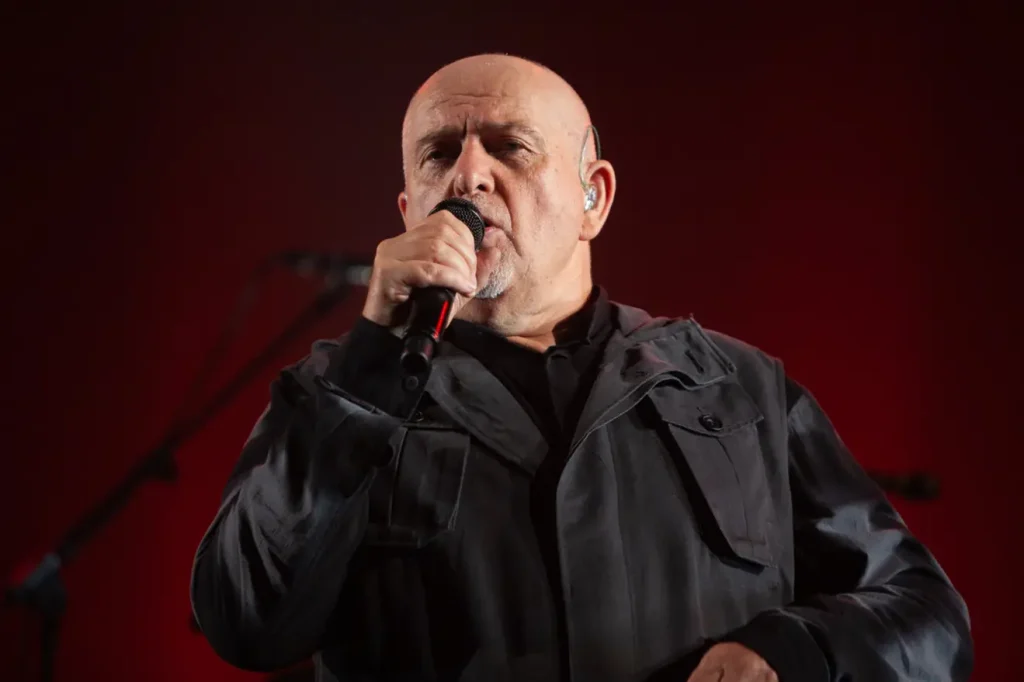Genesis, one of rock’s most influential bands, has undergone significant changes since its formation in 1967.
Many fans struggle to keep track of the group’s developing lineup and sound, particularly regarding its original frontman. This musical journey is more complex than it might seem at first glance.
This article will guide you through the attractive expansion of Genesis, focusing on the band’s early years and its original vocalist.
We’ll explore the group’s formation, the impact of its first lead singer, and how Genesis transformed over time.
By the end, you’ll have a clear understanding of the band’s roots and the important role its original frontman played in shaping its initial sound and image.
Genesis: The Formation and Its Original Lead Singer
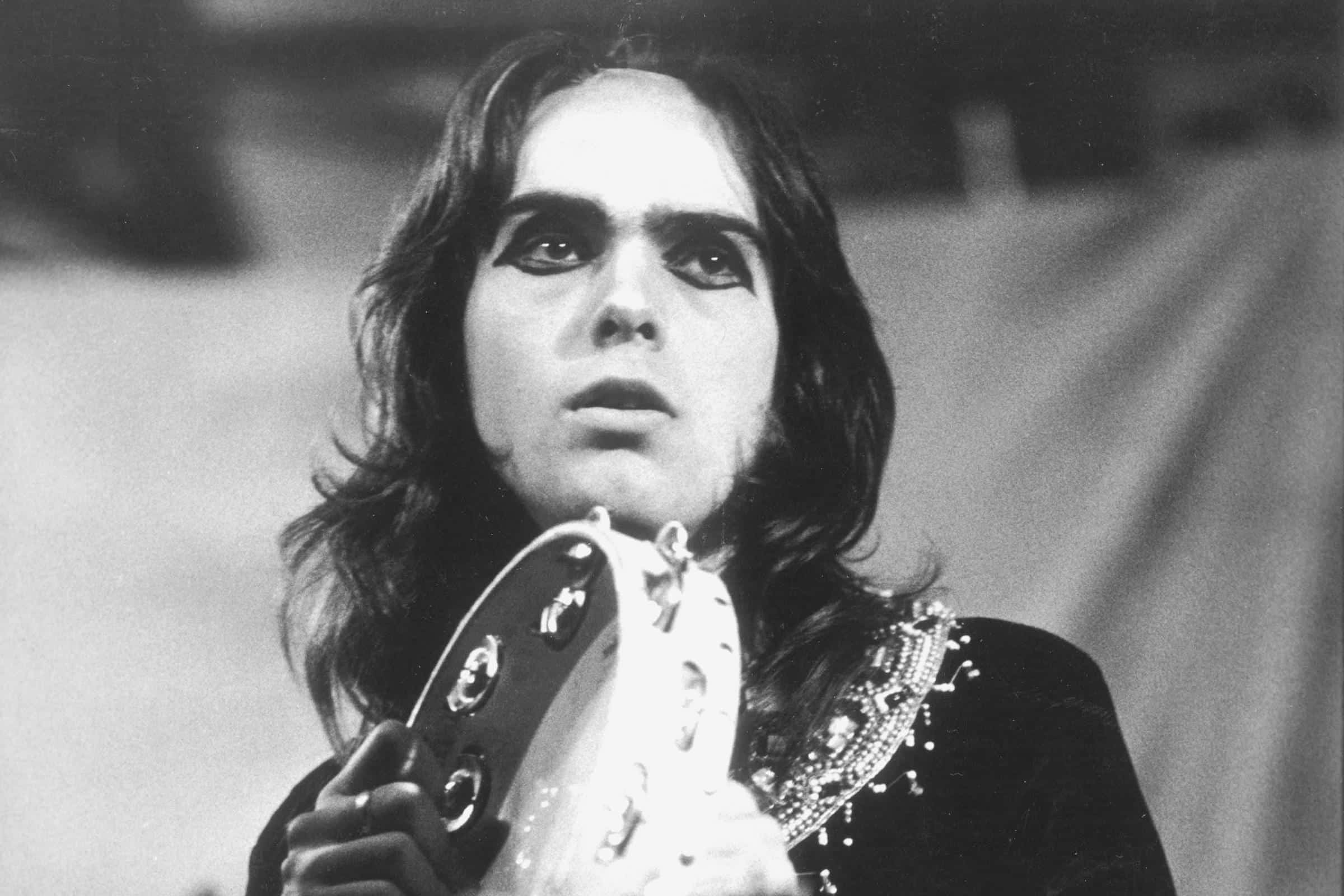
In 1967, at Charterhouse School in Surrey, a group of talented young musicians came together to form what would become one of rock’s most ever-lasting bands.
Peter Gabriel, Tony Banks, Mike Rutherford, Anthony Phillips, and Chris Stewart, initially part of two separate school bands called Anon and Garden Wall, joined forces and settled on the name Genesis.
From the start, Peter Gabriel emerged as the original lead singer of Genesis.
His unique vocals and theatrical stage presence quickly became central to the band’s developing identity.
Gabriel’s creative flair and charismatic performances would set the tone for the group’s early years, helping to establish Genesis as an innovative force in the exploding progressive rock scene.
The Early Struggles and The First Break
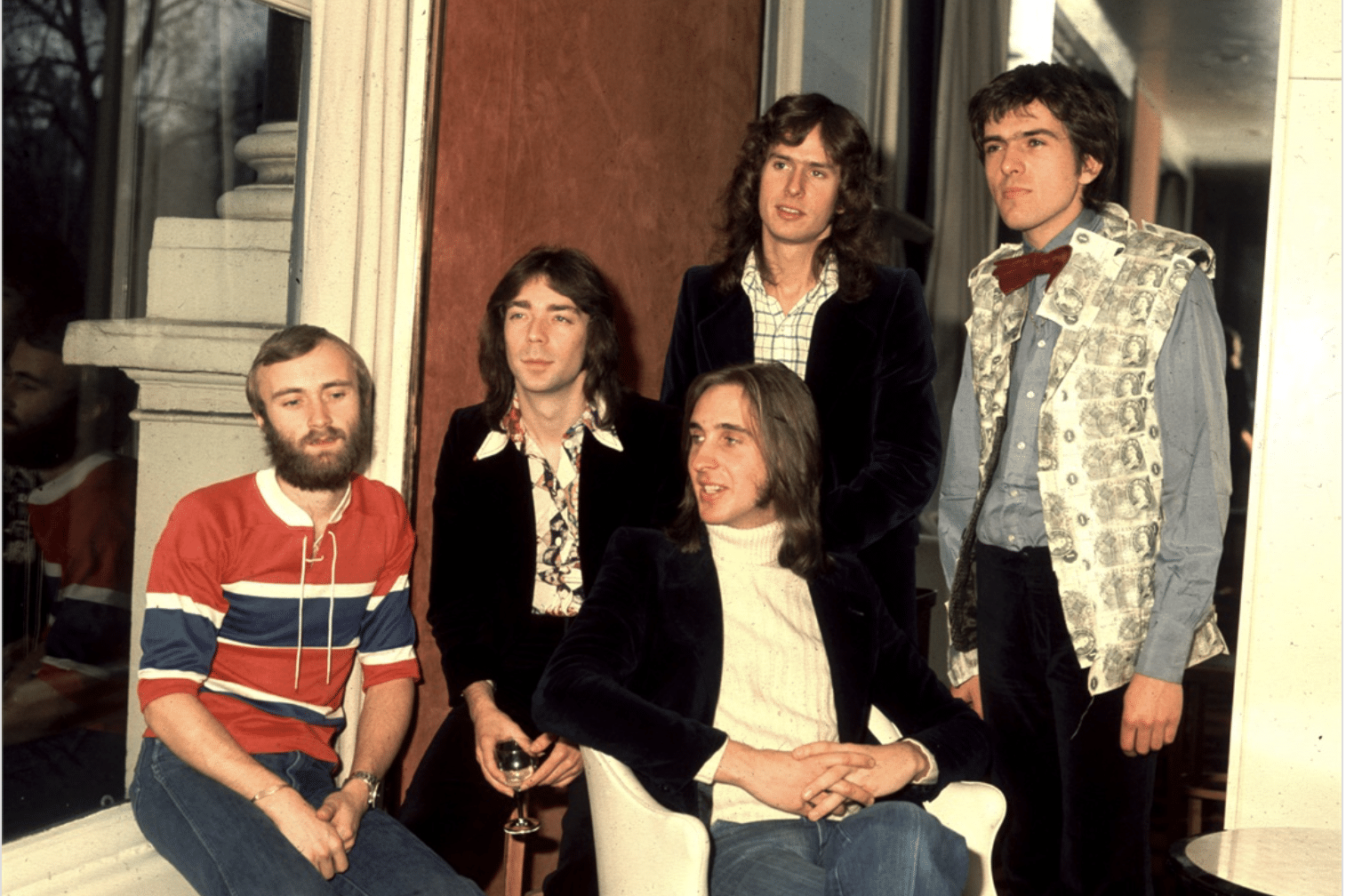
Despite their promising start, Genesis faced significant challenges in their early years. Their debut album, “From Genesis to Revelation” (1969), failed to make a commercial impact.
Adding to their difficulties, confusion over the album’s title led many record stores to mistakenly place it in the religious music section, severely limiting its exposure to potential rock fans.
However, these setbacks didn’t deter the young band.
Instead, Genesis used this period to refine their musical approach, blending folk, pop, and progressive rock elements into a unique sound that would soon set them apart.
As Genesis continued to develop, Phillips and Rutherford began crafting more detailed compositions, laying the groundwork for the band’s progressive rock identity.
Their efforts culminated in “Trespass” (1970), which marked a significant turning point for the group.
This album introduced more complex structures and experimental themes, showcasing the signature progressive rock sound that would come to define Genesis.
While “Trespass” didn’t achieve immediate commercial success, it garnered the band a devoted cult following and signaled the beginning of their journey into the progressive rock realm.
The Gabriel Era (1967–1975)
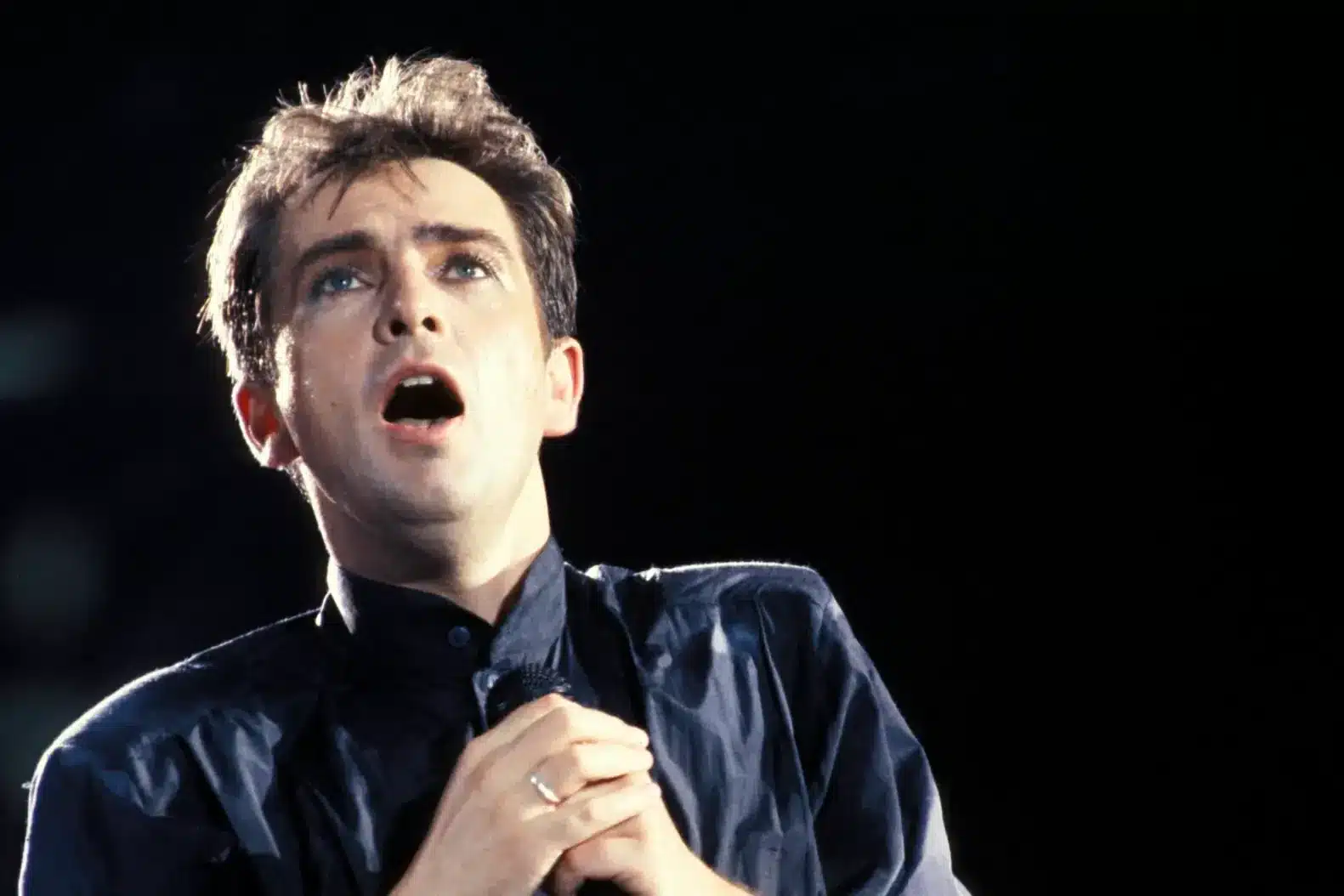
Peter Gabriel’s time as the lead singer of Genesis from 1967 to 1975 was crucial in forming the band’s identity and helping it become a leader in progressive rock.
Below are key aspects of Gabriel’s influence on Genesis:
1. Storytelling and Performance
Gabriel’s contributions went beyond his singing. He brought theatrical elements that made Genesis shows into rich experiences.
His use of outfits, face coverings, and spoken parts grabbed audiences’ attention and made Genesis’s concerts visually and emotionally catchy.
His words looked at complex ideas, from social issues to mythical stories, setting Genesis apart from other rock bands of the time.
2. Influence on Iconic Albums
Gabriel’s impact is evident on two crucial Genesis albums: “Selling England by the Pound” (1973) and “The Lamb Lies Down on Broadway” (1974).
In “Selling England,” Gabriel’s lyrics explored British culture with a mix of whimsy and depth.
“The Lamb Lies Down on Broadway,” Gabriel’s final Genesis album, showcased his storytelling skills through a complex narrative about a youth’s strange journey.
This album represented the height of Gabriel’s creative influence before his departure from the band.
3. Shaping Progressive Rock
Gabriel’s work helped Genesis find a special place in progressive rock. His focus on long, detailed compositions, unusual rhythms, and complex musicianship created a sound that was ahead of its time.
Albums like “Foxtrot” and “Nursery Cryme” also show Gabriel’s influence, with songs like “Supper’s Ready” taking listeners on musical and lyrical journeys.
Why Peter Gabriel Left

Peter Gabriel’s exit from Genesis in 1975 was a key moment for the band. His choice to leave came from a mix of creative differences and personal issues that had been building for a while.
As Genesis grew more popular, Gabriel felt limited by the group’s shared decision-making.
He wanted more freedom to express his ideas, especially in his stage acts, which sometimes took focus away from the music.
This caused some tension with his bandmates, who were more concerned with the sound than the visual aspects of their shows.
Gabriel also wanted to work on his own projects where he could have full control. He was interested in trying new sounds and ideas that didn’t fit with what Genesis was doing at the time.
By the end of the tour for their last album together, Gabriel had decided to go his own way.
The relationships within the band had become difficult, made worse by Gabriel’s need to focus on his family.
His wife’s health issues during her pregnancy added stress, and he had to take time away from recording. His bandmates didn’t seem to understand, which further strained their bonds.
Gabriel also felt unhappy with the pressures of being famous and wanted more control over his life and work.
Transition: The Collins Takeover (1975–1977)
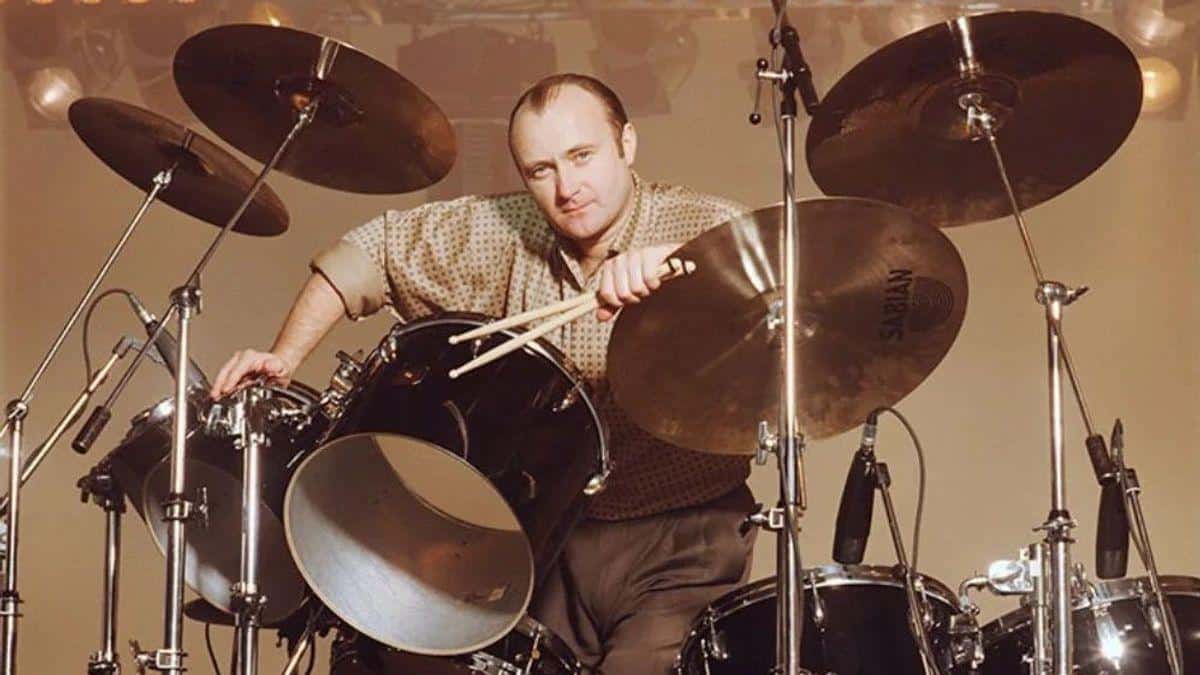
After Peter Gabriel’s departure in 1975, Genesis faced a crucial turning point. Surprisingly, drummer Phil Collins stepped up as lead vocalist, marking a new era for the band.
While remaining true to their progressive rock roots, Collins’ vocal style brought a more approachable sound to Genesis’ music.
Their first two post-Gabriel albums, “A Trick of the Tail” and “Wind & Wuthering,” maintained the band’s complex structures while introducing a more melodic approach, proving Genesis could thrive without Gabriel.
In 1977, guitarist Steve Hackett left the group, reducing Genesis to a trio. This change pushed the band towards a more streamlined sound, with Mike Rutherford taking over guitar duties.
Collins’s ability to handle both drumming and vocals, occasionally supported by guest drummers, showcased the band’s adaptability.
Despite these changes, Genesis remained creative and successful, setting the stage for their commercial breakthrough in the coming years.
Conclusion
As we reflect on Genesis’ journey, from their progressive rock roots to pop stardom, it’s clear that their progress mirrors the ever-changing landscape of music itself.
The band’s ability to reinvent while maintaining their core identity sets them apart in rock history.
Their legacy extends far beyond chart-topping hits or elaborate stage shows; it lies in their fearless exploration of sound and storytelling.
For aspiring musicians and longtime fans alike, Genesis’ story offers valuable lessons in artistic growth, adaptability, and the power of collaboration.
As we look to the future of music, the echoes of Genesis’ innovation continue to inspire and challenge artists across genres.
What’s your favorite Genesis-era song? Share your thoughts in the comments below, and keep the conversation going!
Frequently Asked Questions
Who Wrote Early Genesis Songs?
From Nursery Cryme to Selling England by the Pound, Peter Gabriel wrote 53% of the lyrics, Tony Banks 32%, Mike Rutherford 26%, Phil Collins 16%, and Steve Hackett 11%. Gabriel wrote most of the lyrics for The Lamb Lies Down on Broadway.
When Did Genesis Start Making Music?
Genesis released their first song, “The Silent Sun,” on February 2, 1968.
Who was the First Singer of Genesis?
Peter Gabriel was the first lead singer of Genesis, beginning in 1967.


